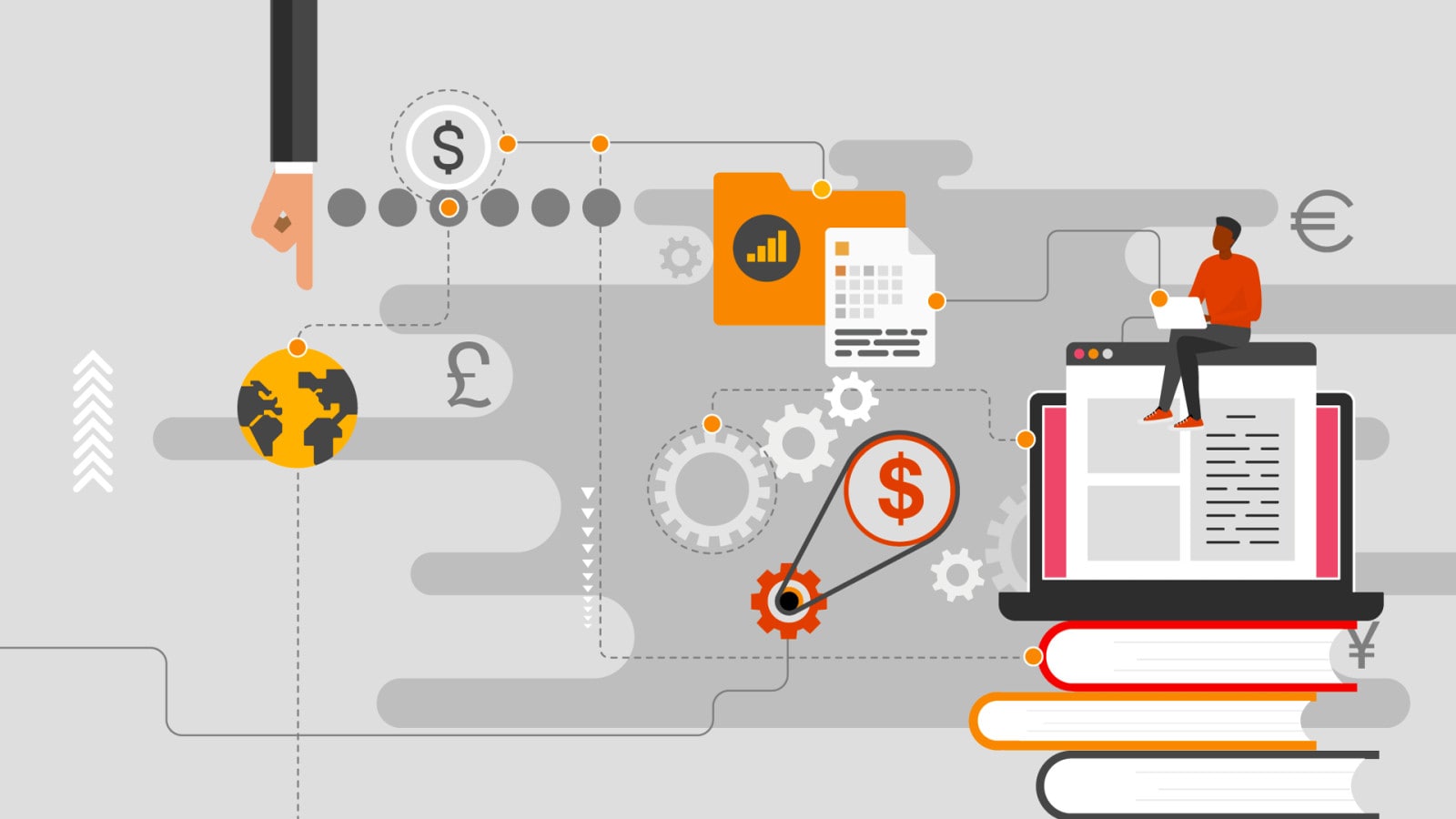Client
Ministry of Innovation and Technology
Industry
Technology, Media and Telecommunication
Services
Telecom market structure advice
Client territory
Hungary
Chapter 1 Our role
We helped Hungary’s Ministry for Innovation and Technology on how to become an early adopter of 5G, providing guidance on how to structure its market in a way that would generate the broadest possible economic and social benefits from 5G.
Chapter 2 Setting the scene
Hungary’s Ministry of Innovation and Technology understood that one of the best ways to grow the country’s economy would be to move aggressively to build a robust 5G wireless network. This state-of-the-art technology would do more than support the nation’s businesses; it could enable Hungary to become a global hub for 5G mobile development. Before proceeding, however, policymakers needed to understand not only 5G technology and 5G market structures, but also the current state of Hungary’s 4G LTE network infrastructure (including which parts of the existing wireless infrastructure would require replacement).
Building and commercialising a 5G network is complex. There are issues regarding how to integrate existing networks and handsets and 5G, which supports more intensive industrial applications, is also software-based (unlike 4G, which uses hardware hubs), so cyber security must be more robust. On top of the technical challenges, the complexity of the local telecom market presented commercial concerns regarding competition and legacy systems.
PwC has been working with 5G technology from its inception and is well-placed to advise on the ramifications of rolling out a system from both a technological and strategic point of view. The PwC team helped the Ministry navigate these issues and assess the roles of the members of the 5G Coalition, a public-private 5G consortium established in 2017.
Step one was to demonstrate to Ministry officials that early adoption of 5G could be a catalyst for Hungary’s economic growth. PwC’s analysis showed that a strong 5G network could add an average of 4.6% growth across all sectors, with particular impact on public services, agriculture, and communications.
PwC consultants briefed Ministry leaders on best practices for high-speed fiber and broadband businesses, as well as on how the world’s largest telecom markets (UK, Germany, France, Austria, Sweden, the US, South Korea, and China) are accelerating their mobile broadband efforts. Meanwhile, PwC identified potential partnerships for the government that could help provide the specific business and technological expertise needed to develop Hungary’s 5G network. This included an in-depth analysis of the current Hungarian infrastructure, compiling an inventory of existing and planned communications networks and a comparative study of possible funding and investment models.
“What I’m proudest of is that at the end of the day, we were able to negotiate a strategy that offered benefits to all stakeholders.”
Chapter 3 How we helped
The PwC team interviewed all members of Hungary’s 5G Coalition and telecommunications regulators and policy makers to help develop a cohesive strategy with maximum buy-in.
This resulted in a detailed plan to roll out Hungary’s next generation of communications infrastructure by 2025. The plan proposed a set of actions with clearly delineated roles and responsibilities for stakeholders that would keep Hungary ahead of the curve in meeting EU’s regulatory specifications for 5G.
Among the proposed actions:
- Promoting and coordinating a common approach among 5G Coalition members;
- Drawing up a set of initiatives to accelerate the 5G network rollout and ensure its quality.
- This included defining actions and indicators that would measure the success of the strategy implementation;
- Identifying opportunities for Hungarian companies to add more value in the many use cases that 5G is expected to facilitate, including the Internet of
- Things, autonomous vehicles, and robotics;
Establishing a methodology for gauging the success of the overall plan.
Chapter 4 Impact and potential
PwC helped formalize the Ministry’s 5G planning and provide an actionable framework to build and launch a robust next-generation telecom network. Rather than allow a free-for-all that could neglect less profitable rural areas and potentially be more costly to ordinary people, the Ministry now has in hand a systematic roadmap that that will benefit businesses, consumers, and the government—and help the nation advance its global aspirations in 5G services.
Rolling out this revolutionary communications technology will likely bring unexpected challenges, but thanks to the roadmap, the country’s key telecom players and the government now have a shared direction, which will also give citizens confidence.














